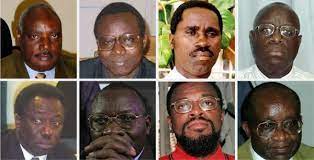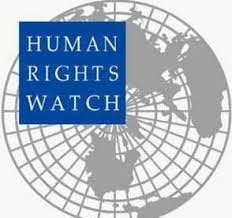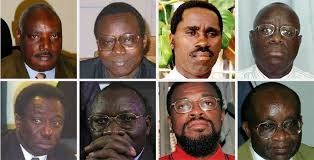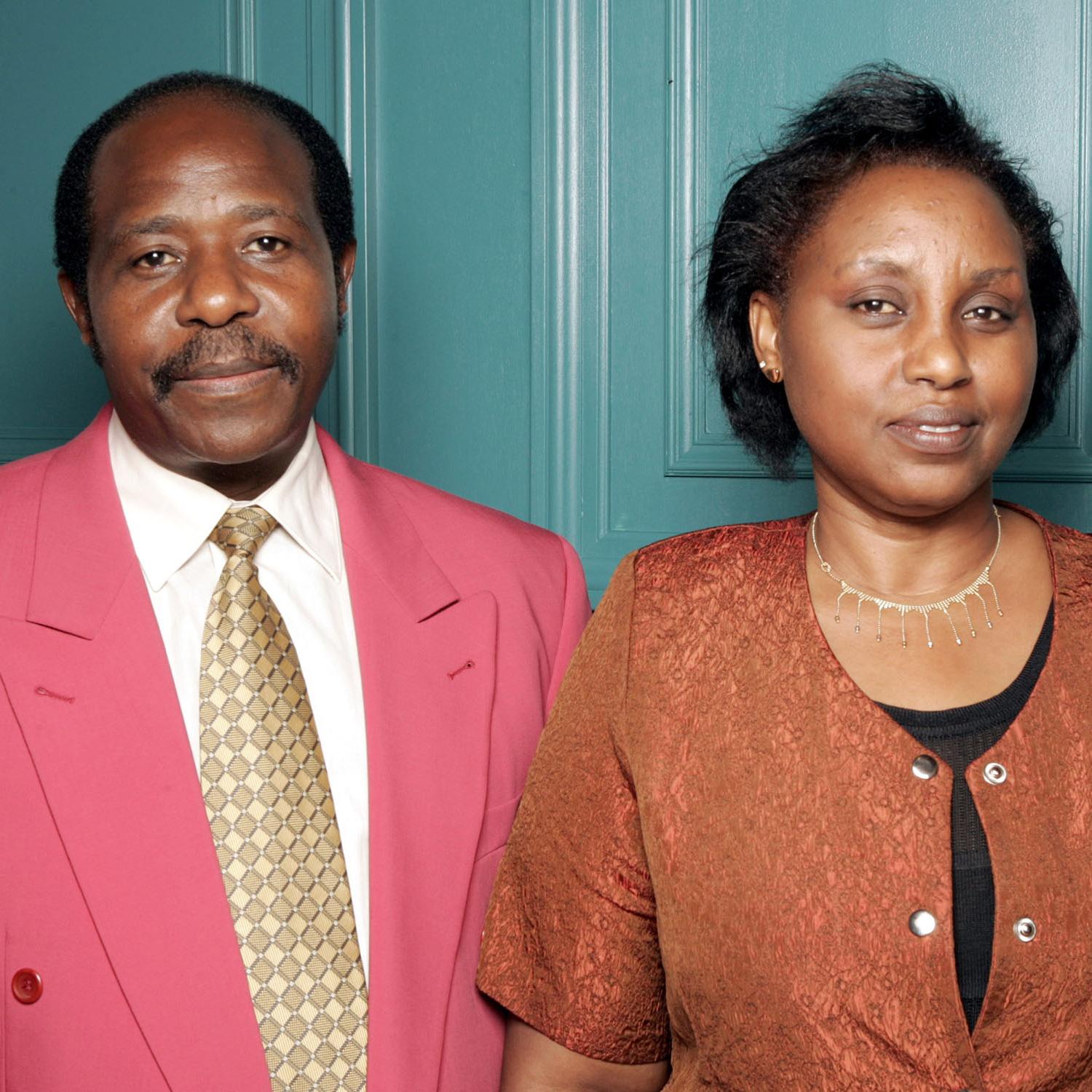International
If Uganda disowns RNC terror group, what will be Kayumba’s fate in South Africa?
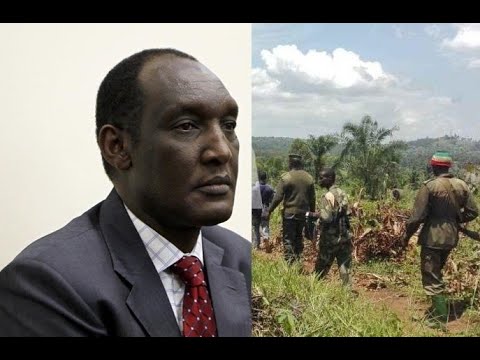
On
Monday, January 31, the Gatuna border between Rwanda and Uganda resumed
operation after almost three years of near inactivity. In 2019, the Rwandan
government issued a travel advisory to Rwandans. It urged them to avoid
travelling there, prompted by a wave of arrests and torture of Rwandans in
Uganda on allegations that they were spies. Some of those released would be
dumped at the border unceremoniously.
Secondly,
Rwanda accused Uganda of supporting terror groups like the Rwanda National Congress
(RNC) led by Kayumba Nyamwasa, a terror convict and fugitive who resides in
South Africa. The resumption of Rwanda-Uganda border operations is expected to
be followed by disbanding RNC networks in Uganda as the two countries look
forward to full restoration of relations.
In
the event that the Government of Uganda disbands the RNC and arrests and
extradites all its members so that they face justice in Rwanda, as the latter
requested, what would be the fate of RNC leader Kayumba Nyamwasa who is based
in South Africa?
Kayumba
is a former Rwandan military officer who was in 2011 sentenced, in absentia, to 24 years in prison. He was
convicted of multiple charges including terrorism, genocide denial and crimes
against humanity.
The RNC,
which he formed in December 2010, is a terrorist group that, among others, masterminded
the grenade attacks in Rwanda’s capital, Kigali, that claimed more than 10
innocent lives. Between 2010 and 2014, the RNC carried out grenade attacks in
Rwanda which also left more than 400 people injured.
Rwanda
and South Africa have, since 2010, been embroiled in a diplomatic row sparked
by the fact that Rwandan terror groups such as the RNC use South Africa as
their base for subversive operations against Rwanda.
Rwanda South Africa relations won't depend on RNC wishes
Some
captured RNC fighters as well as collaborators of another terror group, FLN,
who are before Rwandan courts of law on terrorism charges have told prosecution
how Kayumba acquired a fleet of commercial trucks operating in South Africa.
The profits go into supporting his family and the terror group’s activities
against Rwanda.
Kayumba
is engaged in acts of war and terrorism against his country. His terror
organization has led to loss of lives.
Under
international instruments, specifically article 20 of the International
Covenant on Civil and Political Rights (ICCPR), the host state is
obliged to stop Kayumba from engaging in war and terror activities against his
home country.
Article
20 of the Covenant states that: “Any propaganda for war shall be prohibited by
law.”
On
November 26, 2001, the then US Secretary of State, Colin Powell, declared that
the terror attack on the World Trade Center in New York City was not just a
crime against the United States, but a crime against humanity.
Although
the classification of such terror attacks as a crime against humanity is not
yet adopted by world policy makers, many people across the globe suggest that terror
attacks should be classified under crimes against humanity. This reflects the
seriousness of the crimes the RNC – led by Kayumba from his base in South
Africa – has inflicted on Rwandans.
Kayumba
is often actively engaging international media, and declaring war on Rwanda. With
the modern world's terrorism challenges, a person like Kayumba is not expected
to be given asylum by any country.
He
is supposed to be extradited to Rwanda to face terror charges. In the absence
of extradition, it would serve both Rwanda and South Africa better, if Kayumba
is moved to a faraway country like Norway or Greenland, where he does not
easily organize his terror networks against Rwanda.
In 2018, Presidents Paul Kagame and Cyril Ramaphosa agreed,
in Kigali, to normalize relations.
Rwanda and South Africa set up a joint mechanism which was
hailed as a big step towards normalizing relations. Citizens from the two
countries are anxiously waiting for resumption of trade and free movement of
people in the spirit of the African Continental Free Trade Area (AfCFTA). Rwanda and South
Africa have much to gain by restoring good bilateral relations.
The
likes of Kayumba should not stand in the way of good bilateral relations
between Rwanda and any other country in the world. No country should support
terrorism and no country should host leaders of terrorist groups.


